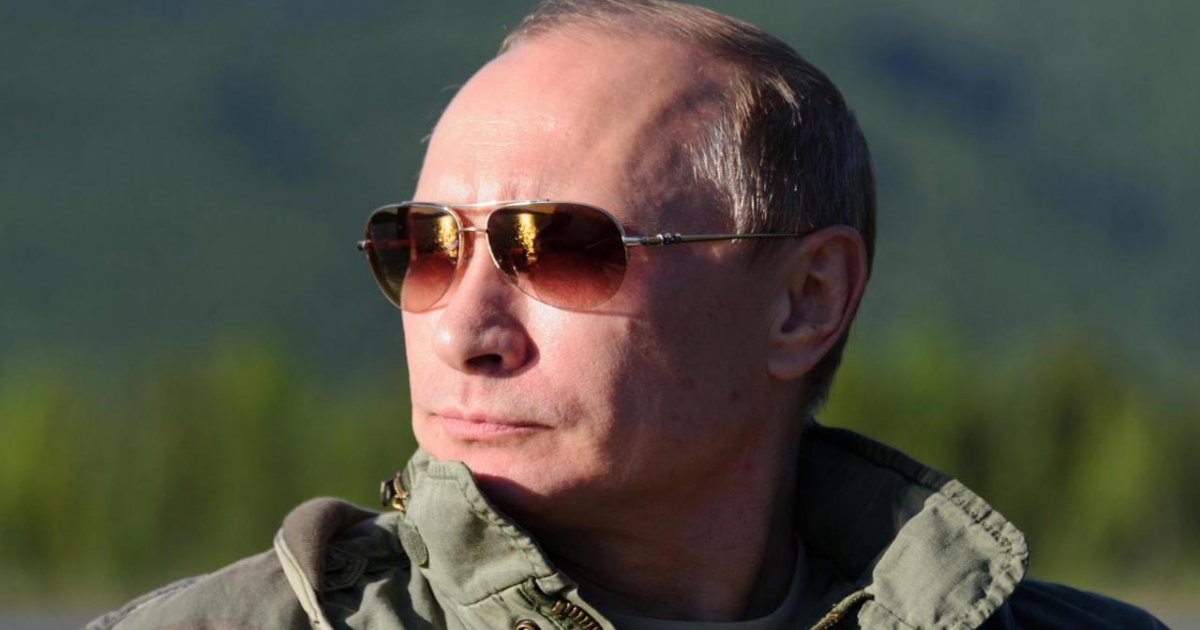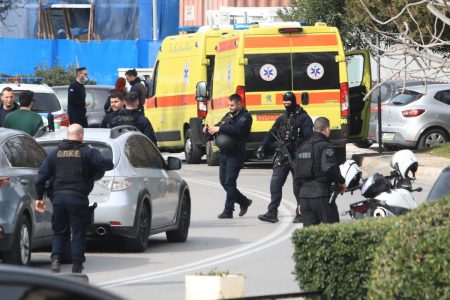Greece from the very beginning condemned the Russian invasion of Ukraine.
This was not only for humanitarian reasons, but because at its core the invasion incorporates the quintessential outlook of contemporary authoritarian revisionism, and it violates fundamental principles of the post WWII world, including the inviolability of borders.
Vladimir Putin never hid the fact that with his until now failed “special operation” he sought to do away with post-war history. He wanted to take away the freedom, independence, and autonomy of Ukraine, to annex lands that he believed belong to “Mother Russia”, and to install a government of his choosing in what is, according to imperial Russian dogma, a neighbouring “sister Slavic” country.
Thus, he declared an unjust and horrendous war, relying on brute force and the supposed superiority of his military and arsenal.
Greece could never reconcile itself with such bellicose practices and actions, as it is confronted with a hostile neighbour, Turkey, which espouses a comparable revisionist dogma.
Ankara propagates the abolition of fundamental international agreements and treaties. It constantly violates Greek airspace, creates incidents in the Evros border region, has occupied the Republic of Cyprus for nearly half a century, and claims the lion’s share of the hydrocarbons in the Southeastern Mediterranean.
Through all these actions and claims, Turkey dreams of reviving the Ottoman Empire with the expansionist construct of the “Blue Motherland” [which claims as its own large swathes of Greece’s maritime Exclusive Economic Zone].
For all these reasons, and because freedom and independence lie at the core of our country’s fundamental principles, it would have been impossible and impermissible for Greece to align with Moscow.
For the very same reasons, we cannot, as has been our wont in the past, slide into divisions, as occurred recently with the Ukrainian president’s imprudent initiative to include in his address to the Greek Parliament taped remarks by ethnic Greeks from the ranks of the neo-Nazi, nationalist Azov Brigade, which is fighting in Mariupol [home to an estimated 150,000 ethnic Greeks].
Moreover, Greece cannot in the least tolerate the very many diverse groupings and networks of Russian influence and propaganda that have for years been developed, including those in charge of the Russian embassy.
All Greek governments over the last decade have observed and recognised the fact that Putin’s revisionism has found fertile ground among “willing” supporters in our country, based on anti-systemic, anti-Western, anti-European, and conspiratorial concepts and outlooks, that have been demonstrated as a result of various impetuses.
During the bailout memorandum period, during the debate over the naming of North Macedonia, during the anti-vax movement, and now during the Russian invasion of Ukraine, these groups and networks coordinated, supposedly with an anti-system agenda, drawing together forces such as Golden Dawn, the Independent Greeks party, far-left members of SYRIZA before the party signed on to a new bailout memorandum, the [pro-Russian] Elliniki Lysi (Greek Solution) party, and others.
They are flanked by a broad group of religious zealots and conspiracy theorists comprised of Mount Athos and other monks that oppose the Ecumenical Patriarchate, certain Metropolitan bishops who see enemies lurking everywhere, far-right academics, retired and supposedly super-patriotic military officers, “flexible” businessmen, ambitious new owners of media, unstable and dogmatic individuals, people with links to Russia, and politicians.
Over the years, they have created a nexus of pro-Russian influence and propaganda which, if it is no confronted head-on, will undermine the effectiveness of our national policies.
The Greek government’s recent expulsion of Russian diplomats is directly linked to the creation of this network.
Former PM and current main opposition leader Alexis Tsipras had expelled Russian diplomats and now Prime Minister Kyriakos Mitsotakis has done so as well.
They must have had very serious reasons take make such resounding decisions.



